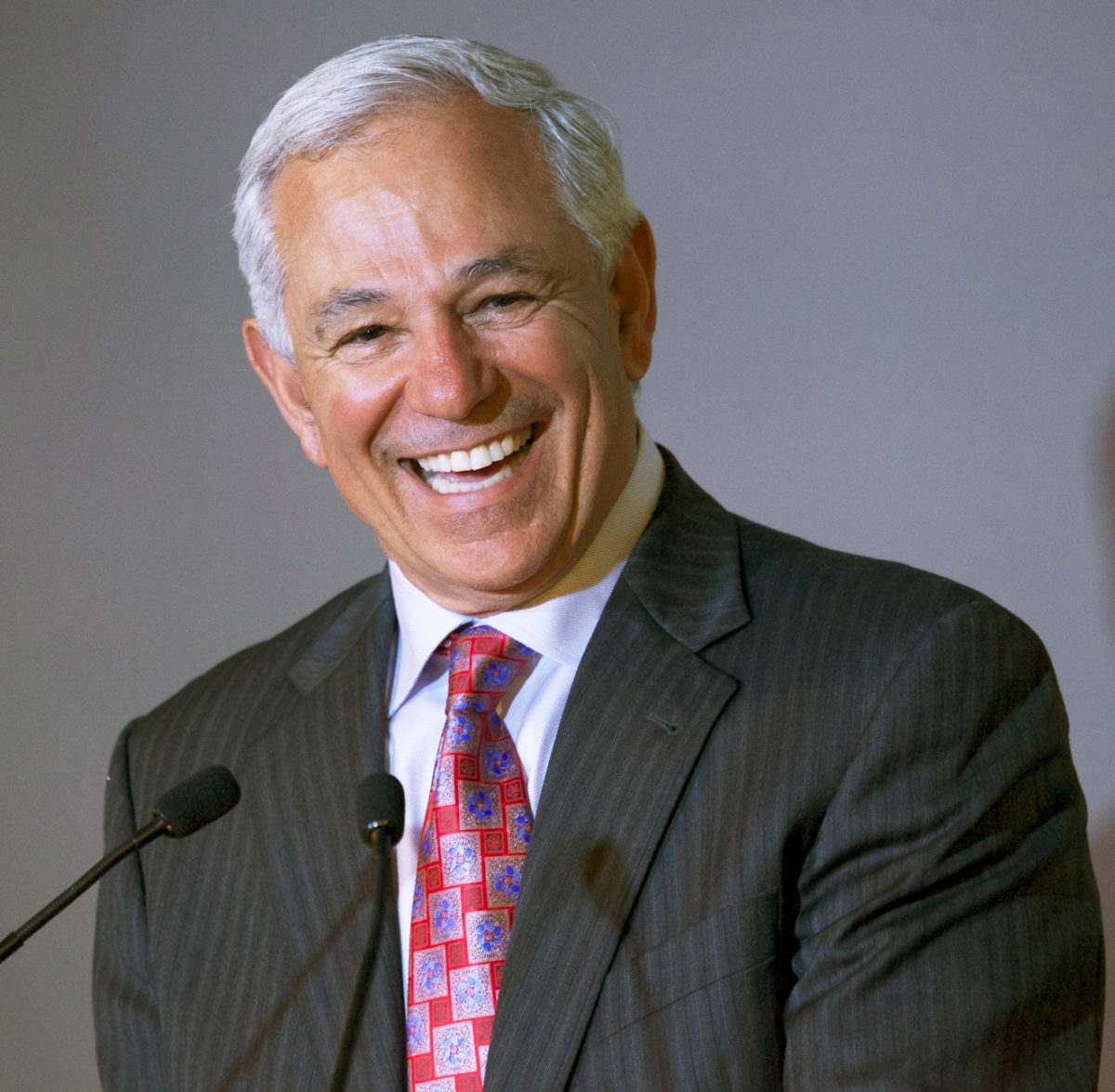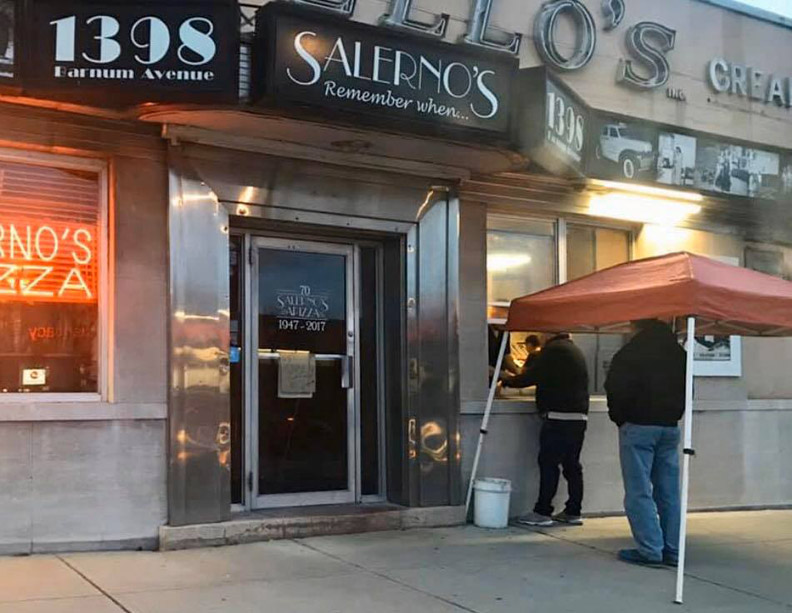A Caribbean bank is suing Mastercard for $1.5 million, claiming that the Purchase company improperly canceled a debit card license when the bank was indicted for money laundering.
Loyal Bank Limited, based in Saint Vincent and the Grenadines, sued Mastercard International Inc. on March 11 in federal court in White Plains.
 Despite its cooperation with the authorities and Mastercard, the complaint states, “Mastercard terminated Loyal Bank”™s license in May 2018, thereby driving Loyal Bank straight into liquidation.”
Despite its cooperation with the authorities and Mastercard, the complaint states, “Mastercard terminated Loyal Bank”™s license in May 2018, thereby driving Loyal Bank straight into liquidation.”
Mastercard spokesman Seth Eisen responded that the company has just seen the filing and is reviewing it.
The electronic payment services company and the bank began working together in 1999, when Mastercard licensed Loyal Bank to issue cards under the Maestro brand. In 2007, Loyal Bank was authorized to issue branded debit cards using the Mastercard trademark.
In 2018, the U.S. Attorney in Brooklyn indicted Loyal Bank, Loyal Agency and Trust Corp., Adrian Baron and Linda Bullock on money laundering charges. An undercover agent had met with Baron and Bullock to set up bank accounts to hold money purportedly derived from stock manipulation schemes.
Mastercard quickly terminated Loyal Bank”™s license and seized $1,511,959 from an escrow account to satisfy the termination fee.
Loyal Bank argues that indictments do not allege that the bank was aware of criminal activity by Baron or Bullock, who are described only as “officers,” or that it condoned their behavior or engaged in any transactions with “real customers” that violated U.S. law.
Mastercard is not mentioned in the indictment.
“Therefore, the allegations in the indictments did not damage or threaten to damage the goodwill or reputation of Mastercard,” the Loyal Bank complaint states. “The unproven allegations against Loyal Bank contained in the indictments did not provide a good faith basis for Mastercard to suspend the license agreement.”
But Baron and Bullock were not just any bank officers. Bullock was Loyal Bank”™s CEO and previously the head of compliance, according to a superseding indictment. Baron, who worked from offices in Budapest, Hungary and the Caribbean, was the bank”™s chief business officer and previously the CEO. Both were directors of Loyal Agency.
The undercover agent”™s meetings with Baron and Bullock were recorded. He allegedly told them that he needed to conceal, from the U.S. Securities and Exchange Commission and the IRS, his ownership of company stock.
The agent emphasized that he needed the bank”™s debit card service, according to the superseding indictment, “to provide kickbacks to U.S.-based brokers as part of his stock manipulation deals.”
The agent bought six off-shore companies from Loyal Agency and opened corporate accounts for each entity at Loyal Bank. Then the bank allegedly shipped 11 debit cards to another undercover agent in Belize who was posing as an associate of the lead agent.
Baron pleaded guilty to conspiring to defraud the United States. He was fined $25,000 and sentenced to time served for a period he spent in custody in Hungary before he was extradited.
His conviction was the first ever under the Foreign Account Tax Compliance Act, a 2010 law that was enacted to prevent U.S. taxpayers from using foreign accounts to evade taxes.
Charges against Bullock, Loyal Bank and Loyal Agency are pending.
Loyal Bank is represented in the Mastercard lawsuit by Manhattan attorneys Michael Tremonte, Robert Knuts and Heather Y. Han.





















